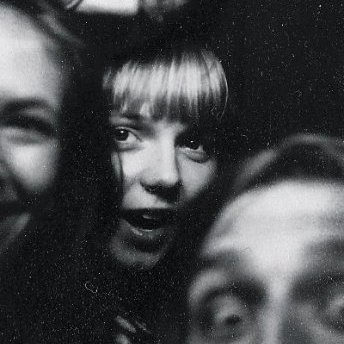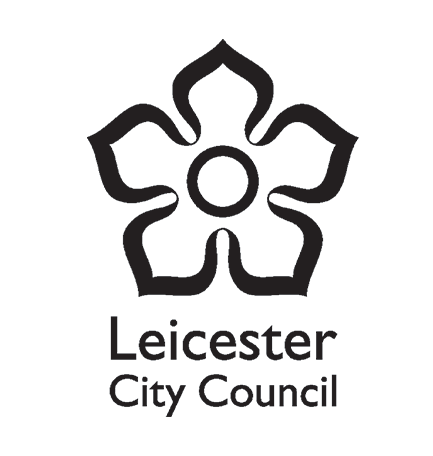
Panel: Ernest Edmonds
Ernest is a pioneer computer artist for whom combining creative arts practice with creative technologies has been a life-long pursuit.
In 2017 he won the ACM SIGGRAPH Distinguished Artist Award for Lifetime Achievement in Digital Art. The only other UK artist to be so recognized is the late Harold Cohen. Edmonds transdisciplinary achievements are demonstrated by the fact that in 2017 he was also awarded ACM SIGCHI Lifetime Achievement Award for Practice in Human-Computer Interaction. Having shown his work internationally for over 50 years, he has recently exhibited in Venice, Leicester, London, Denver, Vancouver, Beijing, Shanghai, and Rio de Janerio. His work is described in “Generative Systems Art: The Work of Ernest Edmonds” (Franco, Routledge, 2017).
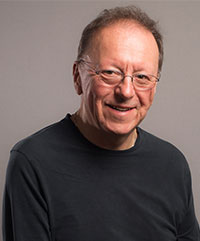
Panel: Tracy Harwood
Tracy is Professor of Digital Culture at the Institute of Creative Technologies, De Montfort University, and co-founder of the Art AI Festival with Luba Elliott, Chris Tyrer (Phoenix) and Jo Tallack (Hammersons Plc). Tracy’s research focuses on technological innovation in professional practices, art, performance, music, games, machinima and the application of emerging technologies in public environments. Through her work, she generates new knowledge that has an impact on everyday creativity, the arts, new technologies, cultural exchange and innovation in social structures. She is director of the university’s Usability Lab, a Trustee of diversity-led performance arts organization, Serendipity, and co-host of an international podcast on the past, present and future of machinima and virtual production called And Now For Something Completely Machinima.

Panel: Melanie Lenz
Melanie is a London based freelance and institutional curator specialising in digital arts. In 2020 she curated Futurist Listening by Steve Parker at Rich Mix. She has held dual roles as Curator of Digital Art and Digital Programmes Learning Manager at the Victoria & Albert Museum where she co-curated Chance and Control: Art in the Age of Computers (2018), convened symposiums including Art, Design and New Technologies for Health (2015) and curated Transformations: Digital Prints from the V&A (2012). She has published papers on Early Argentine Computer Art (2018); Women, Art & Technology (2014) and Collecting and Conserving Born Digital Art (2011). She is a guest lecturer at the Royal College of Arts, London and has broadcast widely on creative arts and advanced technologies. She is a juror for the Ashurst Emerging Artist Prize for New Media and the Lumen Prize for Art and Technology. She also judges the Still Image and Global South awards for Lumen.
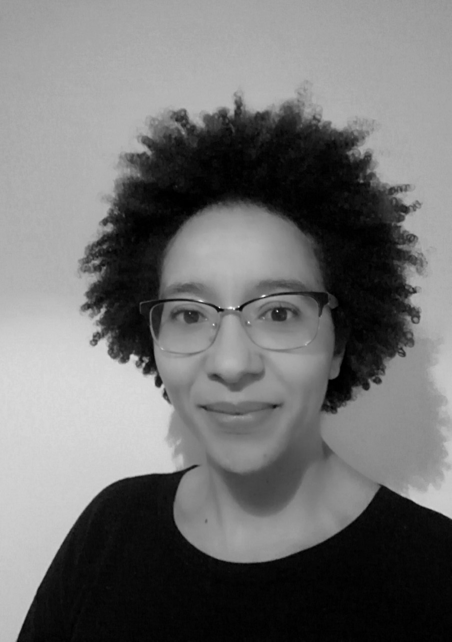
Panel: Cecilie Waagner Falkenstrøm
Cecilie is a Danish artist employing new media (eg., machine learning) to create interactive artworks. Cecilie’s artworks have been exhibited at among others Victoria and Albert Museum in London and Experimenta 2020 – Biennale Arts Sciences in France. Her artwork ARTificial Intelligence FRANK has been awarded The Lumen Prize’s AI Award and her practice-based research project at Royal College of Art received the British Arts and Humanities Research Council’s TECHNE Award. Cecilie studied Fine Art at University of the Arts London and Royal College of Art in London. For more about her work, see www.ceciliefalkenstrom.com
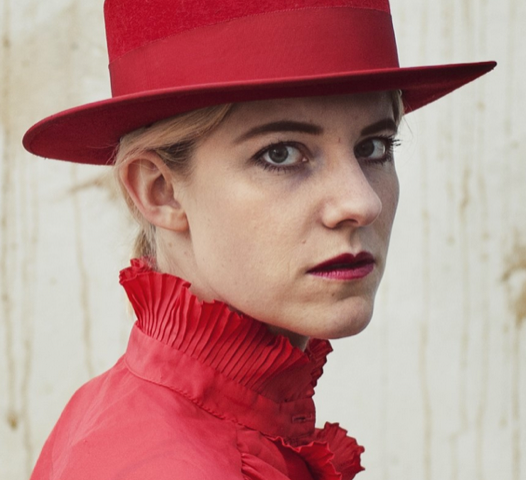
Panel: Eva Jäger
Eva Jäger is an artist, Associate Curator at Serpentine Galleries London (Arts Technologies Team, R&D Platform) and Co-Investigator of the Creative AI Lab (a collaboration between King’s College London and Serpentine).
Eva is currently working on Future Art Ecosystems Vol 2., an annual strategic briefing launched in 2020 that provides concepts, references, language, and arguments that can be integrated into operational agendas for the construction of 21st century cultural infrastructure; a forthcoming paper with Dr Mercedes Bunz “Inquiring the Backends of Machine Learning Artworks: Making Meaning by Calculation” which will be presented at Art Machines 2; forthcoming performance work with Studio Legrand Jäger (a collaboration with Guillemette Legrand) at Victoria and Albert museum, London.
